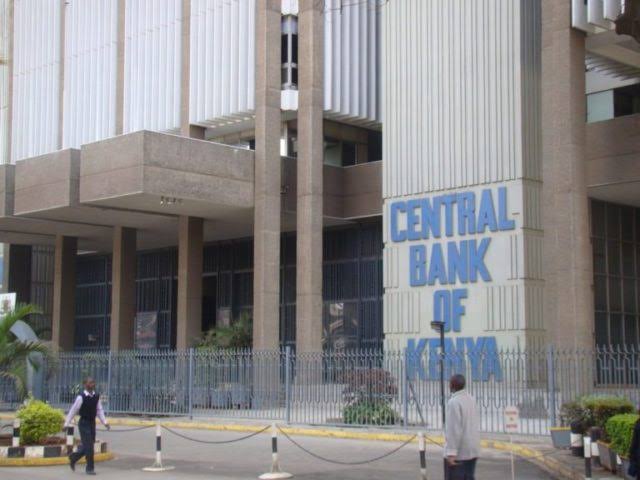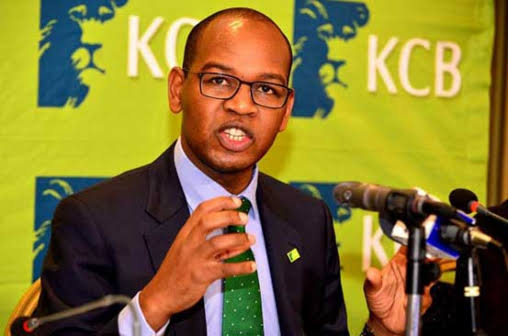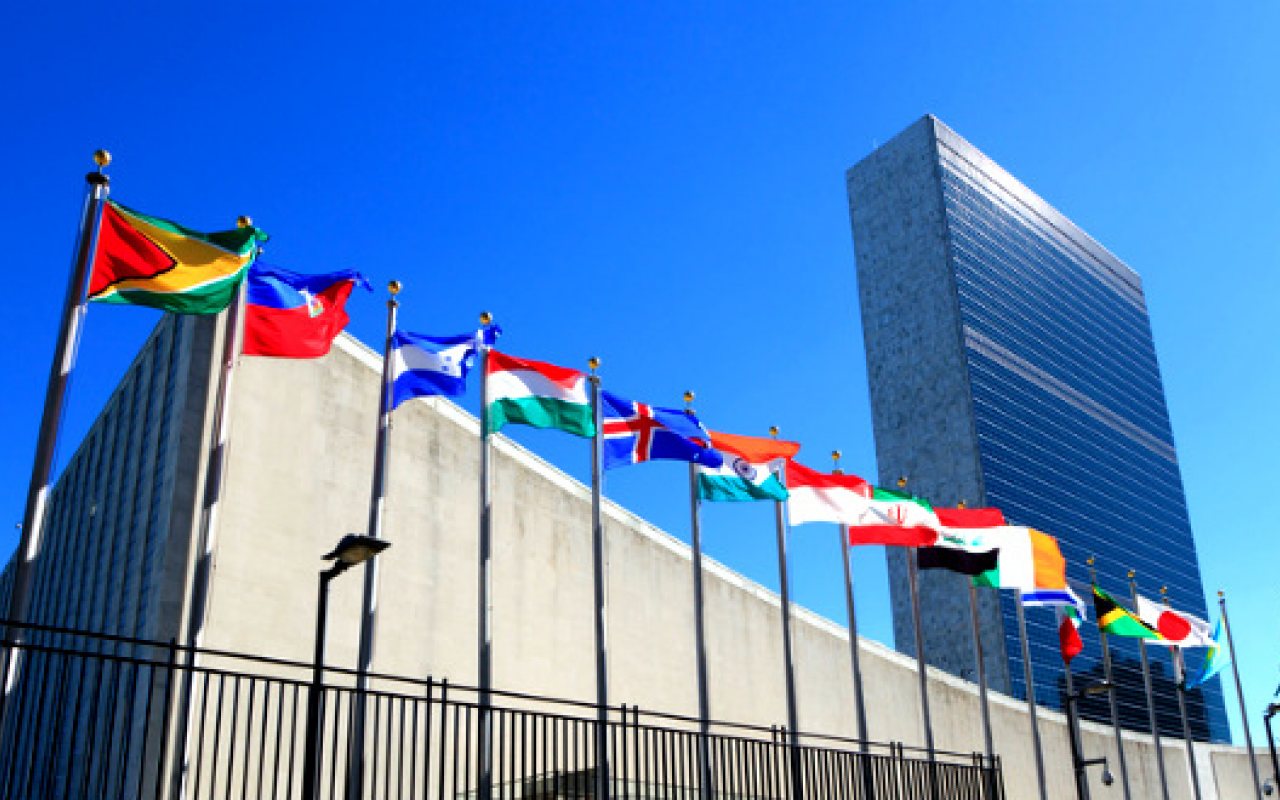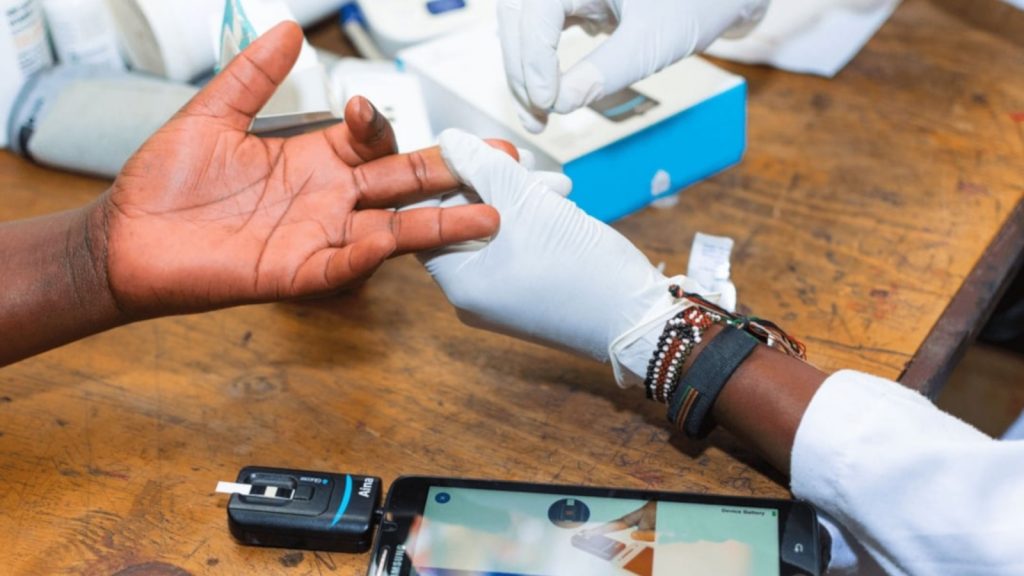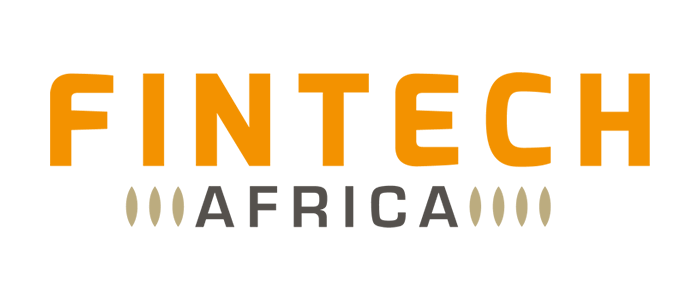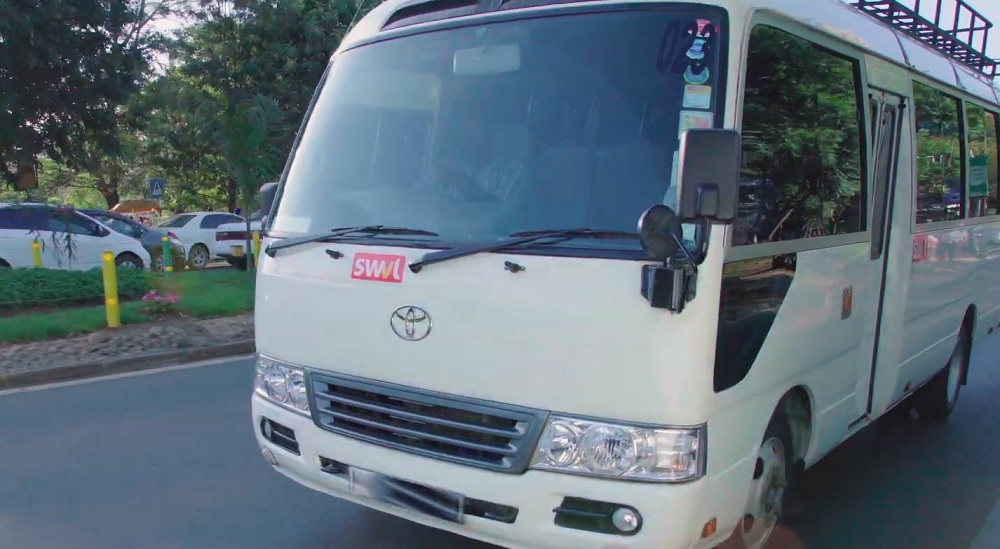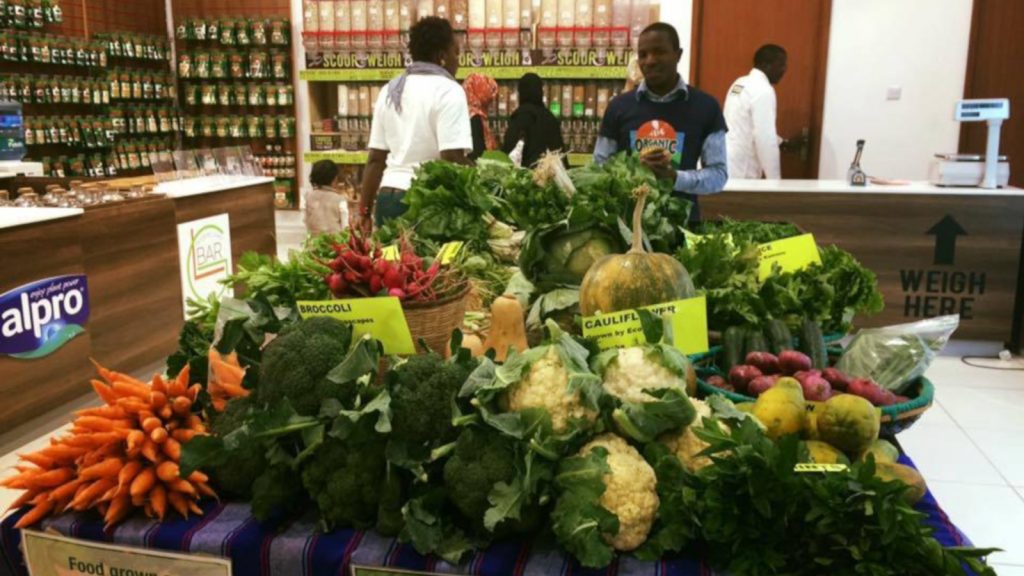Kenyan High Court to rule on shift to new currency
On June 1, Central bank announced that it was withdrawing Ksh1,000 ($10) notes from circulation effective October 1 to deal with counterfeits and money laundering.
Last week, the Kenya Bankers Association (KBA), the industry’s lobby, said no banks should now be dispensing the old Ksh1,000 notes because now it’s about receiving them and forwarding them to CBK,”
Did Central Bank of Kenya (CBK) violate the Constitution in including the statue of founding president Jomo Kenyatta on the new generation bank notes?
The answer to this question, and its effect, is at the heart of a case filed by activist Okiya Omtatah and whose verdict is expected from the High Court on September 27.
The ruling will come only days to the expiry of the CBK deadline of September 30th for return of the old Ksh1,000 bank notes that are set to be withdrawn from circulation.

Chief Justice David Maraga appointed judges George Kanyi Kimondo, Anthony Charo Murima and Lady Justice Asenath Nyaboke Ongeri to handle the case.
Mr Omtatah accused the Central Bank of Kenya and its governor Patrick Njoroge of violating Article 231 (4) of the Constitution that prohibits the use of individual portraits in currency notes and coins.
He also argued that the designs of the new generation currency note and coins were not subjected to public participation in line with the requirements of the Kenyan Constitution.
“Notes and coins issued by the Central Bank of Kenya may bear images that depict or symbolise Kenya or an aspect of Kenya but shall not bear the portrait of any individual,” states the Constitution.
According to Mr Omtatah, the Legal Notices used by CBK to legalise the issuance of new generation bank notes — No. 235 of December 7, 2018, No. 72 of May 31, 2019, and the Kenya Gazette Notice No. 4849 of May 31, 2019—are invalid, null and void because they were issued in violation of the Constitution and statutes without being tabled in parliament for scrutiny and approval.
On June 1, Central bank announced that it was withdrawing Ksh1,000 ($10) notes from circulation effective October 1 to deal with counterfeits and money laundering.
Last week, the Kenya Bankers Association (KBA), the industry’s lobby, said no banks should now be dispensing the old Ksh1,000 notes because now it’s about receiving them and forwarding them to CBK,”
However, The EastAfrican has learnt that some lenders are still dispensing old Ksh1,000 notes through their automated teller machines (ATMs)
JAMES ANYANZWA works for The East African
Charles Rapulu Udoh

Charles Rapulu Udoh is a Lagos-based Lawyer with special focus on Business Law, Intellectual Property Rights, Entertainment and Technology Law. He is also an award-winning writer. Working for notable organizations so far has exposed him to some of industry best practices in business, finance strategies, law, dispute resolution, and data analytics both in Nigeria and across the world

